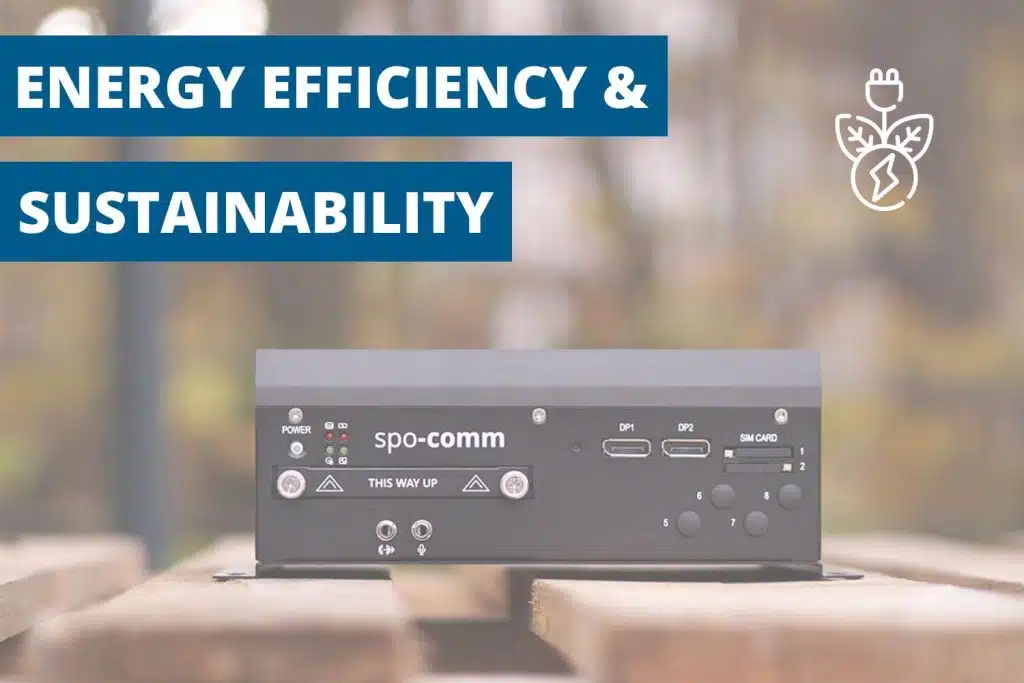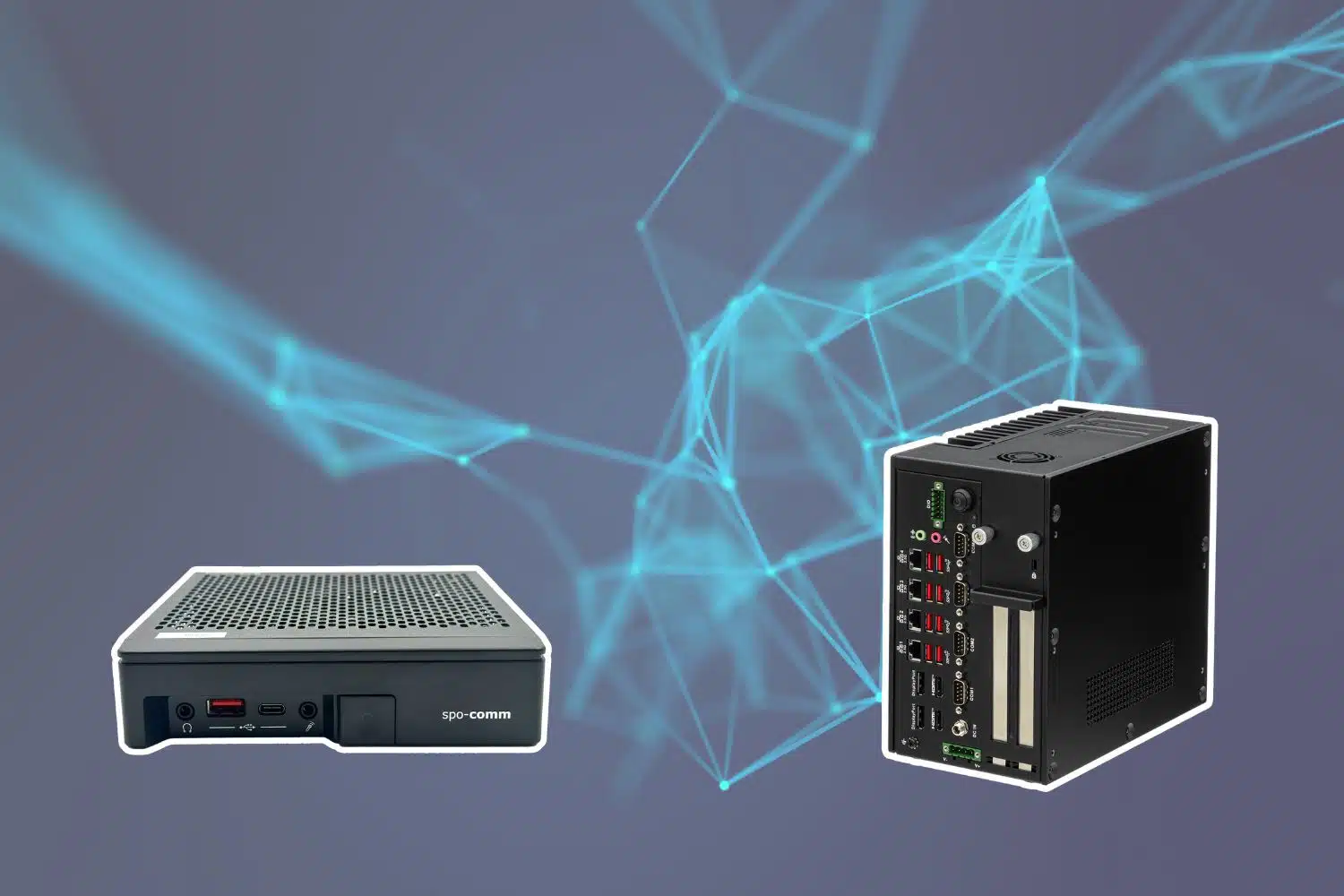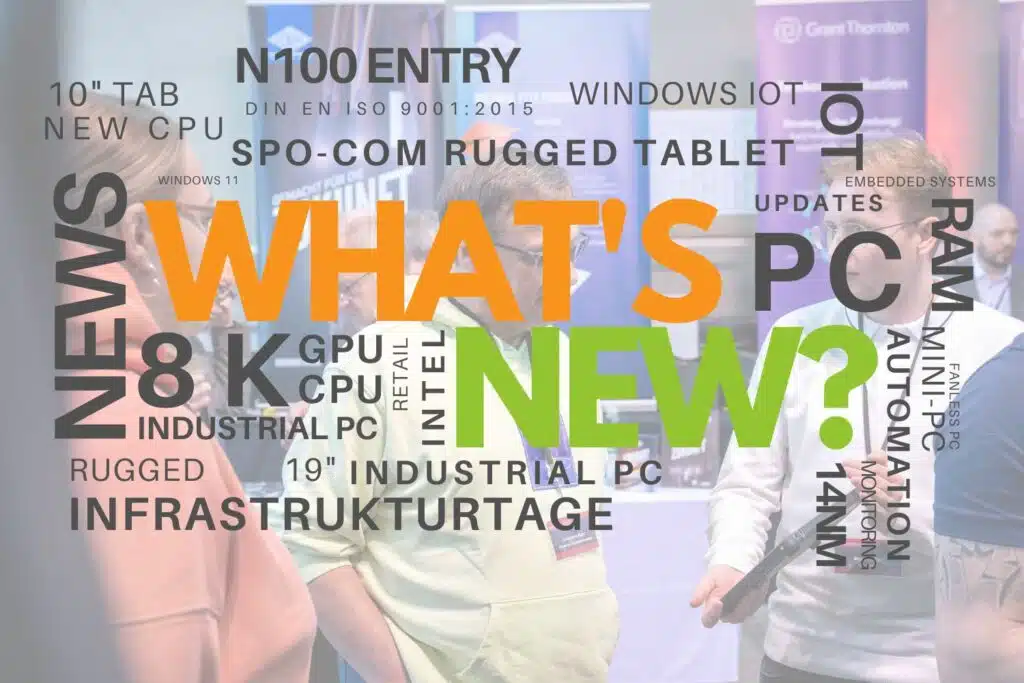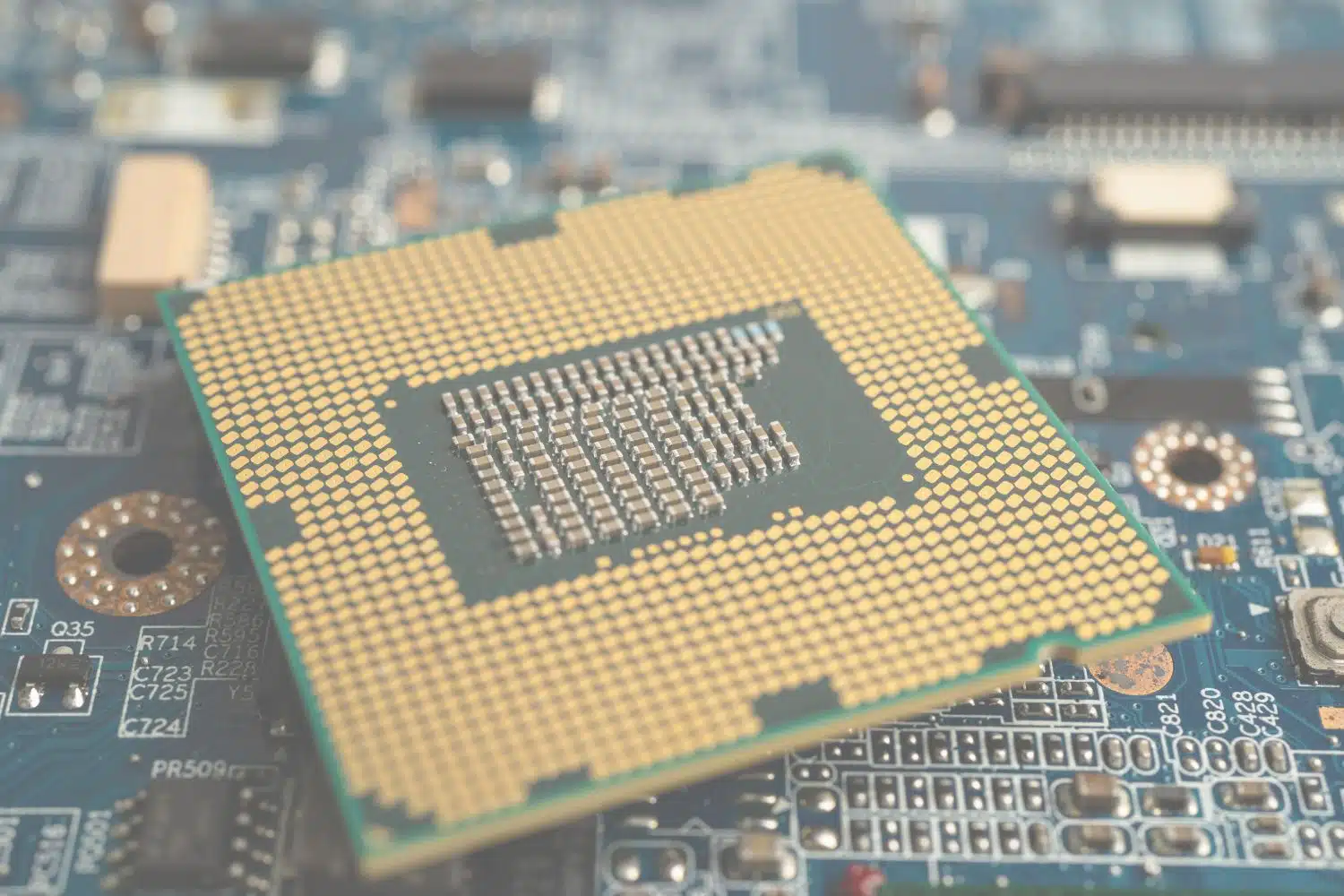23.07.2024

Lower power consumption
Embedded PCs use energy-saving processors and special hardware components. These are often adapted to specific tasks and therefore require less energy than conventional desktop PCs. A second advantage is that many of these systems are designed in such a way that they do not require active cooling, which further reduces power consumption. In addition, they often have advanced power-saving modes that minimize energy consumption when the system is not fully utilized.
Another aspect of the energy efficiency of embedded PCs is the ability to adapt them to the specific energy requirements of the respective application. By using low-power processors, which have been specially developed for use in resource-constrained environments, power consumption can be reduced to an absolute minimum. This is particularly beneficial in portable or remote environments where power supply is limited and battery operation is required. In addition, many embedded PCs are equipped with advanced power management features that further reduce not only power consumption but also thermal load. This combination leads to a further significant reduction in energy consumption and increased operating efficiency.
Efficient software
The software for embedded systems is specially optimized to work with minimal resources, which also contributes to energy efficiency. These PCs often run on real-time operating systems that are designed to work successfully and without delay, which also saves energy.
In addition to operating system optimization, many embedded systems are designed to be particularly efficient at application level. This means that the software solutions are often tailored to specific tasks and optimized accordingly so that no unnecessary calculations or processes run in the background. This is a key factor in increasing energy efficiency, as less computing power and memory usage is required. In critical applications where reliability and immediate responsiveness are required, such as in medical technology or industrial automation, software efficiency makes a decisive contribution to reducing overall energy consumption.
Durability and reliability
Embedded PCs are designed for use in harsh environments and have a longer service life than conventional PCs. This reduces the need for frequent replacement and the associated environmental impact. In addition, the long-term availability of components and spare parts is often guaranteed, which further extends the service life of the devices.
Reduced use of materials
Due to their compact design, embedded systems use fewer materials than conventional computers, which reduces the consumption of resources during production. Some of these systems are modular, which makes upgrades and repairs easier and reduces the need for complete system replacement.
Less electronic waste
The durability and robustness of embedded PCs help to reduce electronic waste. In addition, many of these systems are designed to be easier to recycle as they contain fewer different materials and plastics.
Application scenarios
Embedded PCs are used in a wide range of applications. In industry and automation, they provide advantageous control and monitoring of machines and processes, which can optimize the energy consumption of the entire system. In the area of the Internet of Things (IoT), embedded systems are used to create intelligent and energy-efficient solutions for households and buildings. PCs are also frequently used in a wide variety of vehicles, whether police or customs vehicles, in the development of autonomous driving or the evaluation of measurement data, cameras and sensors.
Other important areas of application for embedded PCs are renewable energies and smart grids. Embedded PCs are used in solar systems and wind power plants to monitor and optimize energy production, which increases the efficiency of the systems and minimizes energy consumption. Embedded systems are also increasingly being used in agriculture, for example to control irrigation systems or to monitor environmental parameters, which makes the use of water and energy more efficient. Embedded PCs therefore play a central role in the development of sustainable infrastructures and contribute to the global reduction of energy consumption and environmental pollution.
Embedded PCs are a key component in the development of energy-efficient and sustainable technologies. Thanks to their specialized and optimized designs, they contribute to both reducing energy consumption and environmental impact.

Edge AI is the combination of artificial intelligence and local data processing directly at the poin...

This was our start to the new year: the current memory and CPU situation continues to have a major i...

There is currently a global crisis in the areas of RAM bars and CPUs. What began last summer as a mo...
You need to load content from reCAPTCHA to submit the form. Please note that doing so will share data with third-party providers.
More Information